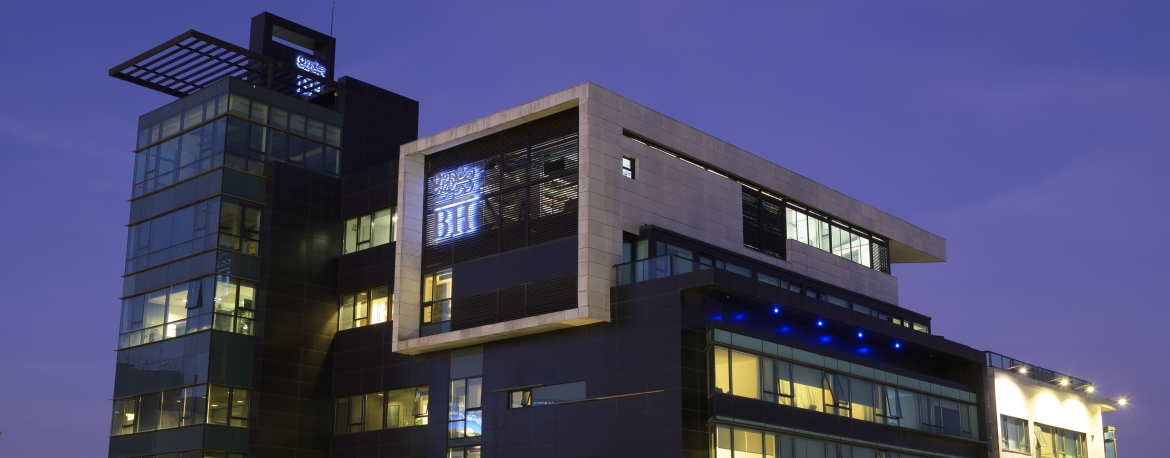MEDIO DE PUBLICACIÓN
Diario EL PAÍS
El Hospital
Prensa
Técnica de avanzada en el Hospital Británico

El Hospital Británico fue sede del primer curso teórico-práctico de colangioscopía endoscópica con tecnología SpyGlass, una herramienta de última generación recientemente incorporada en Uruguay.
En el marco de su política de capacitación permanente, el Hospital Británico fue anfitrión el pasado sábado 14 del primer curso teórico-práctico de colangioscopía endoscópica mediante la utilización de una tecnología de avanzada recientemente disponible en el país, denominada SpyGlass.
De la jornada de capacitación, coorganizada por los departamentos de Endoscopía y de Educación Médica Continua del Hospital Británico, participaron especialistas de Argentina y de Brasil y gastroenterólogos, endoscopistas, cirujanos, oncólogos, asistentes de endoscopía, médicos internistas e imagenólogos de nuestro país.
La colangioscopía endoscópica “es un procedimiento médico avanzado que permite visualizar directamente los conductos biliares por donde fluye la bilis desde el hígado y la vesícula hacia el intestino utilizando un endoscopio ultradelgado”, cuyo uso “tiene muchos beneficios”, apuntó el doctor Nicolás González, uno de los coordinadores del curso, juntamente con los doctores Andrés Taullard y Alberto Sanguinetti.
El especialista recordó que Uruguay tiene de las tasas más altas a nivel mundial de cáncer de páncreas, en número de casos y mortalidad. Se verificó un crecimiento leve pero constante de esta enfermedad.
Es un sistema de avanzada. Algunos de sus beneficios más importantes tienen que ver con la evaluación para poder realizar el diagnóstico entre lesiones benignas o malignas (cáncer). También permite tomar biopsias dirigidas bajo visión directa y visualizar y tratar cálculos biliares o pancreáticos grandes, ya que permite realizar litotripsia con láser para romperlos, detalló.
“Los simuladores son una herramienta clave en la educación médica moderna y parte fundamental de los programas de entrenamiento en endoscopia y cirugía digestiva en todo el mundo. Son herramientas de entrenamiento físico, no virtuales, que replican de forma realista el cuerpo humano o partes del aparato digestivo imitando la forma, textura y resistencia de los órganos. Permiten la práctica de diferentes técnicas endoscópicas de manera segura, antes de realizarlas en los pacientes. Contamos con la guía del doctor Martín Guidi, de Argentina, que tiene mucha experiencia en la docencia utilizando este tipo de simuladores. También participaron otros reconocidos referentes internacionales que poseen amplia experiencia técnica y prestigio académico como los doctores Eduardo de Moura y Tomazo Prince Franzini, de Brasil, y el doctor Mariano Villarroel, de Argentina. Brindaron conferencias y fueron instructores durante la práctica en los modelos sintéticos”, sostuvo.
La colangioscopía utilizando SpyGlass está disponible en Uruguay desde principios de este año y se encuentra a disposición para ser utilizada en el Hospital Británico.
“La incorporación de esta tecnología de vanguardia, junto con la capacitación específica de los profesionales para su uso, impacta directamente en la calidad, seguridad y eficiencia de la atención médica permitiendo diagnósticos más precisos y oportunos, así como la realización de procedimientos menos invasivos y seguros. El curso nos mantiene a primer nivel”, concluyó el especialista.
